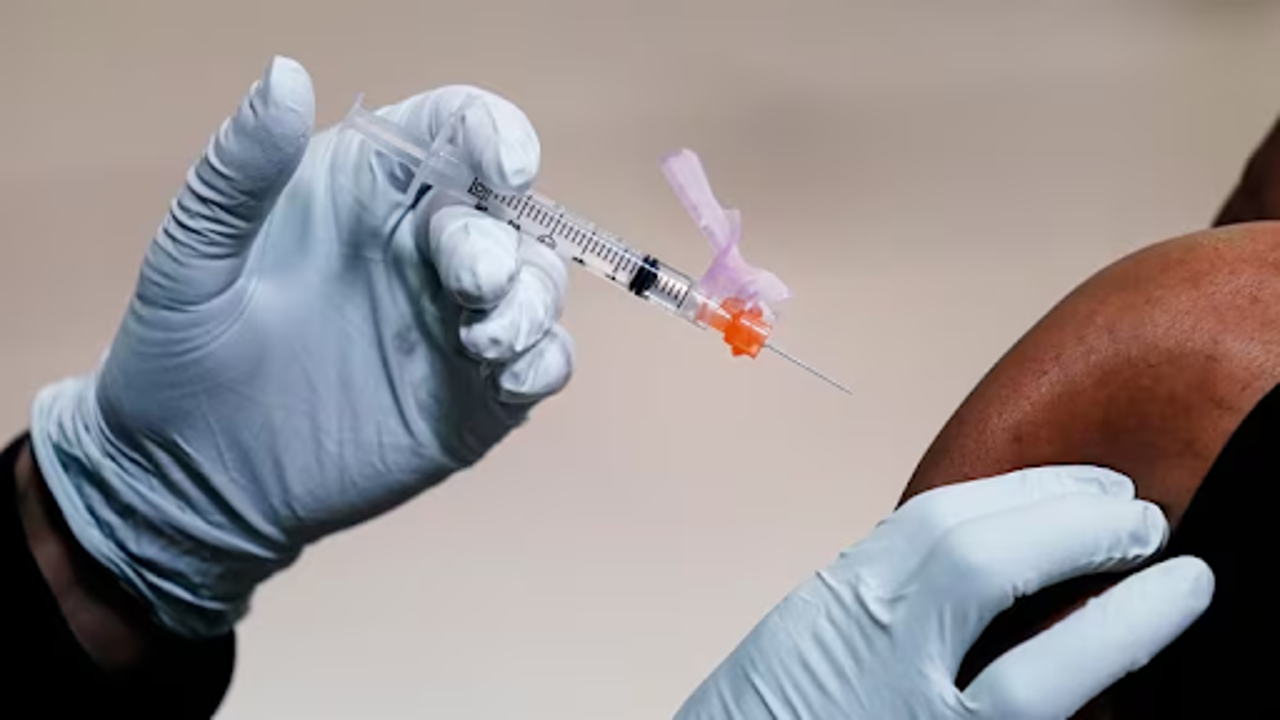
Multiple RSV vaccines for adults are rolling out in the months ahead, along with two monoclonal antibody shots to provide protection for infants. Yet accessing the various shots will depend on where you live, with some provinces covering certain options and not others. (Matt Rourke/The Associated Press)
As the cold weather approaches, many people focus on flu season and the latest COVID-19 updates. However, respiratory syncytial virus (RSV) deserves attention too. RSV, commonly known for causing cold-like symptoms, can lead to severe illness in certain groups. Older adults and newborns are especially at risk, with RSV causing serious cases of pneumonia and contributing to a significant number of hospitalizations and deaths worldwide.
Wasem Alsabbagh, a researcher at the University of Waterloo, highlights that RSV is a major cause of respiratory infections and hospitalizations among Canadian infants. Fortunately, this year Canada is introducing several new tools to help protect against RSV.
For adults, two vaccines—Arexvy and Abrysvo—are now available. The National Advisory Committee on Immunization (NACI) advises that adults aged 75 and older, as well as those 60 and older residing in long-term care facilities, should get vaccinated. The Abrysvo vaccine is also approved for use during pregnancy, aiming to protect newborns through maternal antibodies.
NACI suggests that pregnant women consider getting the vaccine before or during RSV season, which starts in late October or November. They also emphasize the importance of monoclonal antibodies and recommend a universal RSV immunization program for infants.
Two monoclonal antibody options are now available for infants: nirsevimab and palivizumab. Nirsevimab, a newer option, offers a single dose for full RSV season protection, while the older palivizumab was previously given monthly to high-risk infants.
Accessing these vaccines and treatments can vary depending on your location. In many provinces, RSV vaccines for adults are not covered by public health plans, so seniors may need to pay out of pocket. In Prince Edward Island, some long-term care facilities will likely offer free vaccines this fall, with broader access expected later. In Ontario, free vaccines are available only to high-risk seniors, with others able to purchase the vaccine through prescriptions, sometimes with insurance coverage.
Ontario and Quebec are leading the way by providing free monoclonal antibody shots to all newborns starting early November. Experts hope that other provinces will follow suit in the coming years.
Pregnant women looking to get the RSV vaccine during their third trimester may have to cover the cost themselves, as free programs are limited. The prices for the new monoclonal antibody nirsevimab and the Abrysvo vaccine are approximately $952 and $230 per dose, respectively.
Experts recommend discussing options with your family physician or pharmacist to understand what's available in your area and any associated costs.
The new RSV vaccines and treatments are considered revolutionary in preventing a challenging respiratory virus. Studies show that Arexvy and Abrysvo are highly effective in reducing RSV-related hospitalizations for older adults. For pregnant women, the Abrysvo vaccine significantly cuts RSV-related hospital admissions and infections in infants. Similarly, nirsevimab has been shown to greatly reduce RSV-related hospital admissions and infections in newborns.
Overall, these new developments in RSV prevention are promising and could make a significant difference for vulnerable populations this season.















